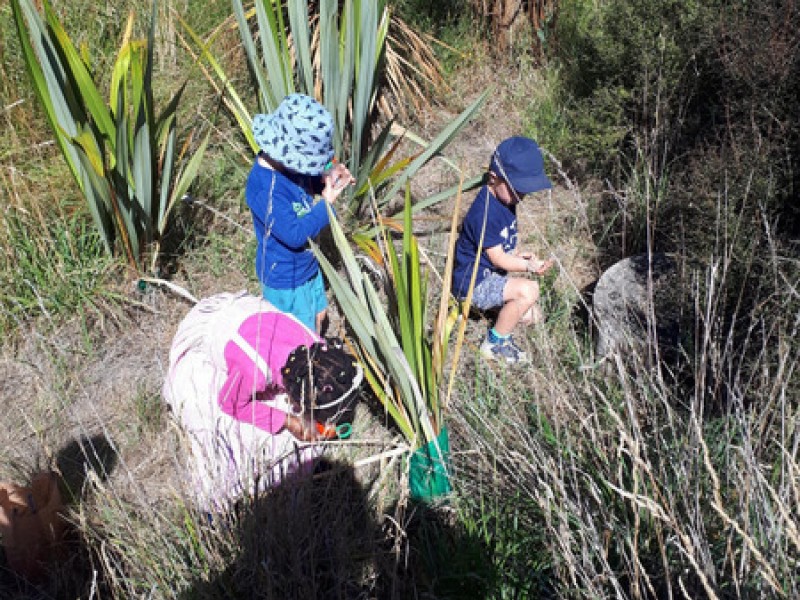Greater emphasis on climate education was one of the demands Christchurch students and other protestors stressed during the most recent School Strike for climate (SS4C).
Environment Canterbury (ECan) Councillor Lan Pham supported the students' demands during the protest and called for more youth engagement and education regarding environmental issues.
Pham said ECan was currently the sole funder of Enviroschools in Canterbury, a programme designed to commit schools to a "long-term sustainability journey". ECan's Long Term Plan (LTP) proposed an increase in funding to Enviroschools as the programme had an "over-subscribed waitlist", she said.
In Canterbury, 100 schools are participating in Enviroschools.
Pham said the three-year plan was to have 30 more schools involved.
Allen Hill, who teaches sustainability at Ara Institute of Canterbury and is a member of the New Zealand Association for Environmental Education (NZAEE), said he liked the idea of Enviroschools but insisted more was needed for youth engagement.
Hill said the Ministry of Education needed to prioritise environmental education in the same way politicians and businesses were to engage with secondary school students better.
"From an education priority perspective, at a national level, sustainability and environmental education is not a priority," Hill said.
Enviroschools was able to function in primary and intermediate schools because they had a less rigid curriculum. Secondary schools, in Hill's view, were "far more focused on assessment and qualification".
Just 13 percent of Enviroschools are secondary schools.
The scheme's dependence on passionate volunteers had created an inconsistency, Hill said.
"It shouldn't be driven by passion, it should be driven by systemic, well-integrated approaches to sustainability and environmental changes," he said.


